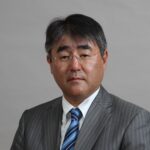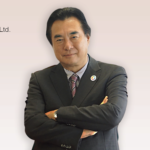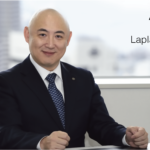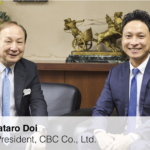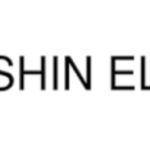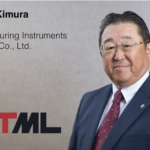We had the pleasure of interviewing Gen Ota, the president of Yuko-Keiso, a company specialized in a range of building management and security solutions.
How are Yuko-Keiso’s technologies contributing to more sustainable, environmentally friendly management of buildings?
Recently, sustainability and recycling are trend words that are on the mind of most people. We do not take that too much into consideration because trends tend to fade out.
As a quite new president of the company, I would like to change the philosophy and the future vision for our business. I am the third generation but the fourth managing director of the company, and my aim is of course to ensure the longevity of the company through steady growth. The philosophy of our company is to bring happiness to the stakeholders, and if you are trying to do that, it is going to be very stable. The Chinese character of the company’s name actually means “wealthy” and “happiness”, and when we are pursuing that, the current trend is going along with that.
Keeping the business in a status quo does not promote any specific growth and keeps companies away from innovation. Since technology is progressing all the time, it is very important to be innovative and try out new things to keep up with the development. In our case, a result of that approach has been the “SeeVAS” system, a building energy saving consulting service that leverages AI to reduce energy costs by 20%.
Currently, which business sector are you most focused on developing?
I entered the industry about 20 years ago. Before that, I graduated from a music school and worked in the music industry. When I transitioned, it was already decided that I would eventually take on the role of managing director. That was the main purpose of joining the company, and knowing this plan from the start, I always tried to adopt the perspective of a managing director to prepare myself.
Being a board member also helped me transition smoothly into the role, as I had already gained substantial knowledge and developed a future strategy. Because of this, the change between before and after assuming the position wasn’t drastic. However, the biggest difference is perhaps the increased number of meetings and interviews, like the one we’re having today.
What new areas are you looking to pursue in the near future?
One area where we estimate future growth and another where we want to make future growth. The first one is within the domestic construction industry which is very active with many projects despite the demographic development. Because there are many ongoing projects, supply and demand is quite high, but the number of companies providing our service is quite low, which affects the price of our service. Although material costs are going up, we are still able to have a very good price for our business, like a centralized air conditioning system. We estimate that for more than 10 years, we will have steady growth in that area.
The second area where we would like to have growth is the overseas business such as in Vietnam. Looking ahead, we do not believe that the domestic market will continue to have steady growth, and as a part of innovation, we will need to diversify not only in business but also in terms of location.
When we established Yuko Vietnam in 2012, that was the time of the previous chairman. Since the turn of the century, he had been looking for opportunities internationally due to the domestic market. He wanted to make the company a global one but had to take several factors into account when choosing where to begin such as the political situation and how friendly the country is towards Japan. The main reason however was primarily a close contact that could introduce him to the Vietnamese market. With many Japanese companies making the move to Vietnam at that time, it was also easier in terms of building factories and finding facilities.


